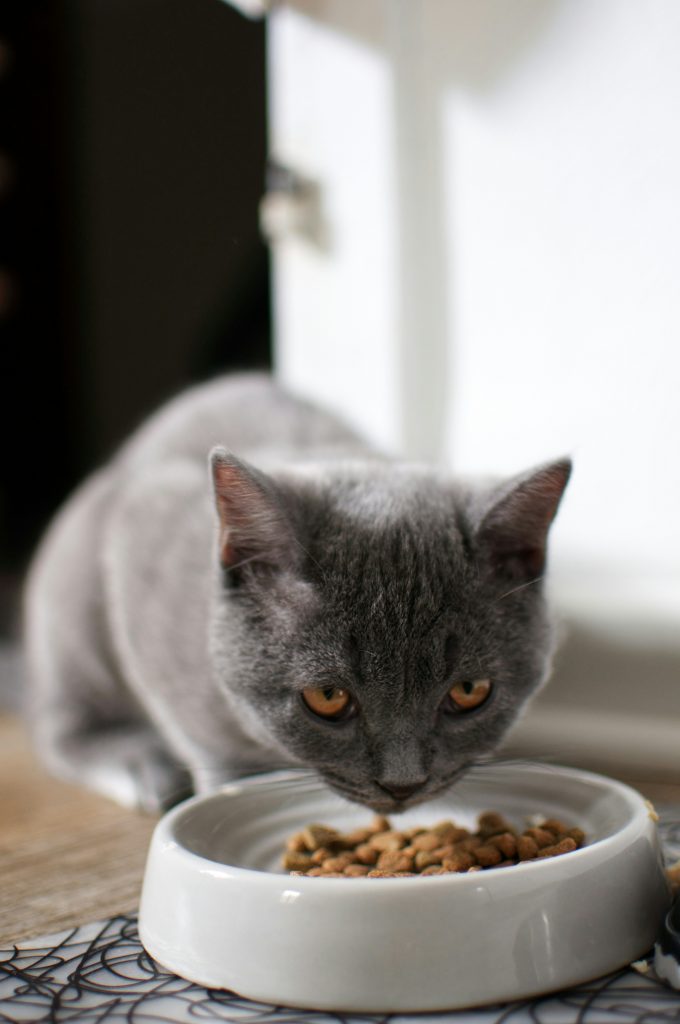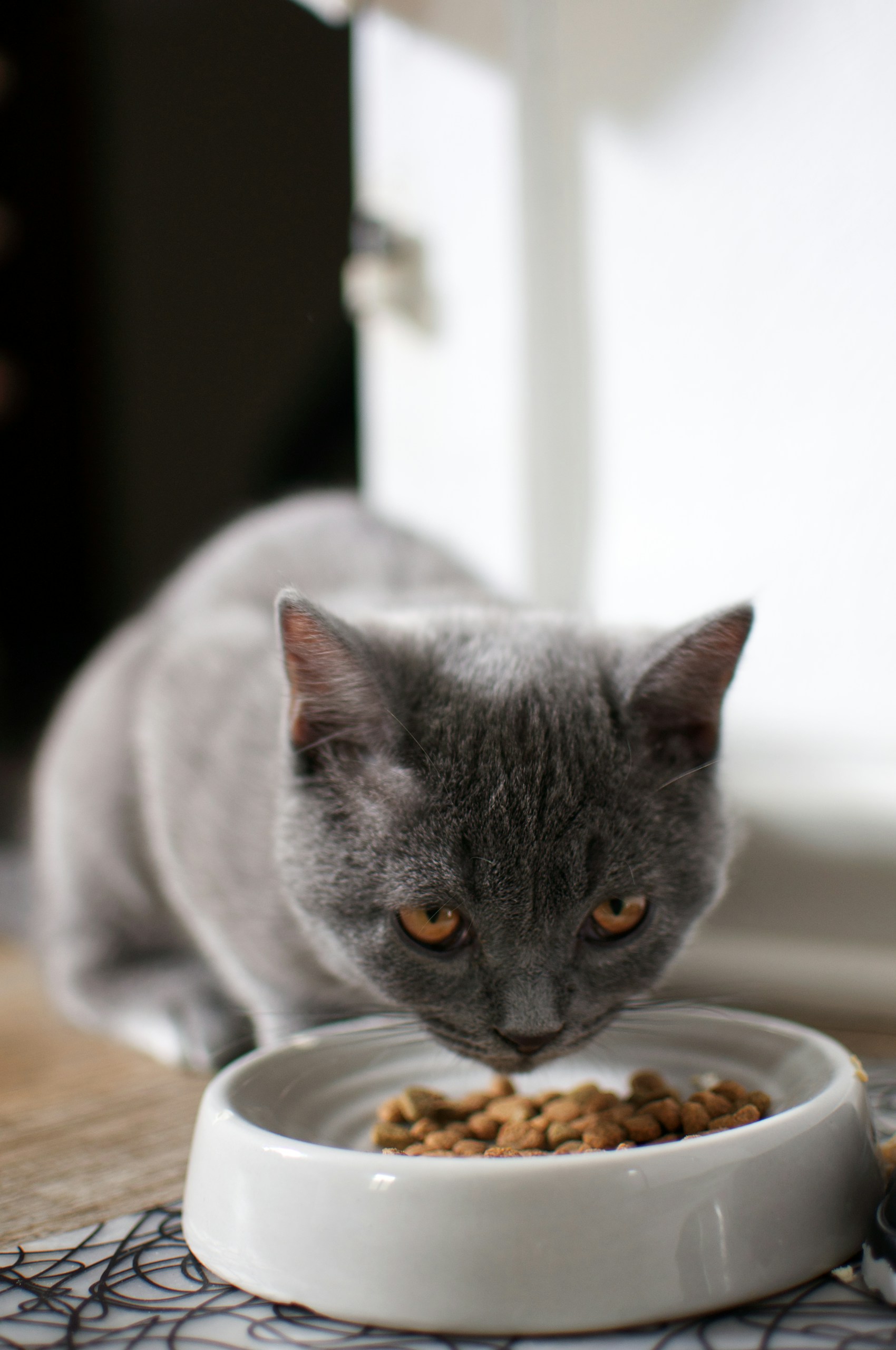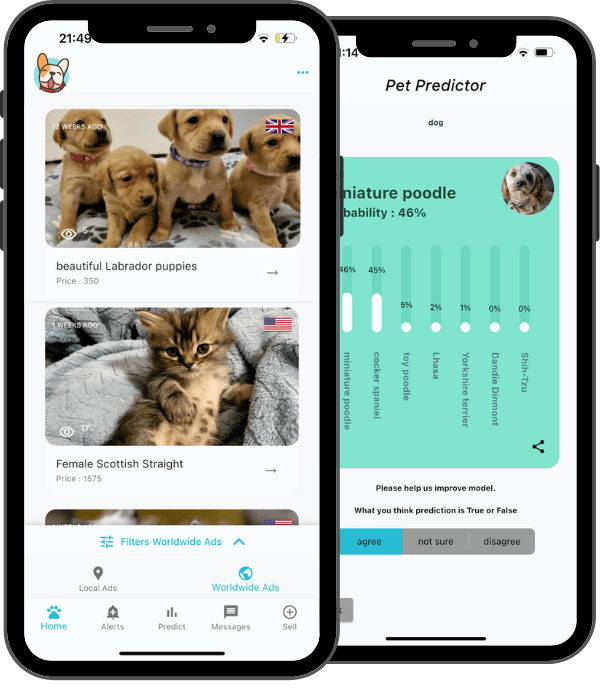Cats have specific dietary requirements that are crucial for their health and longevity. Understanding your cat’s nutritional needs can help prevent common health issues and ensure a happy, active life. This guide will highlight key aspects of a cat’s diet every owner should know.
1. High Protein, Low Carbohydrate
Cats are obligate carnivores, requiring a diet high in protein. Choose cat food that lists real meat as the first ingredient to satisfy their carnivorous needs, and avoid foods with high carbohydrate content.
2. Importance of Hydration
Many cats do not drink enough water, which can lead to urinary health issues. Wet food can help increase their water intake, alongside providing clean, fresh water daily.
3. Taurine is Essential
Taurine, an amino acid found in meat, is vital for your cat’s heart and eye health. Ensure their food includes sufficient taurine levels to prevent deficiencies.
4. Be Cautious with Fish
While fish can be a healthy part of your cat’s diet, it should be fed in moderation due to potential heavy metal contamination and its addictive nature for cats.
5. Understand Life Stage Nutrition
Cats have different nutritional needs at various stages of life. Kitten, adult, and senior cats require diets formulated to their specific life stage needs to support overall health.
Conclusion
Catering to your cat’s dietary needs is a cornerstone of responsible pet ownership. By choosing the right food, ensuring proper hydration, and understanding the unique needs of your feline friend, you can support their health and wellbeing throughout their life. Remember, if you have any concerns about your cat’s diet or health, consult your veterinarian for professional advice.






